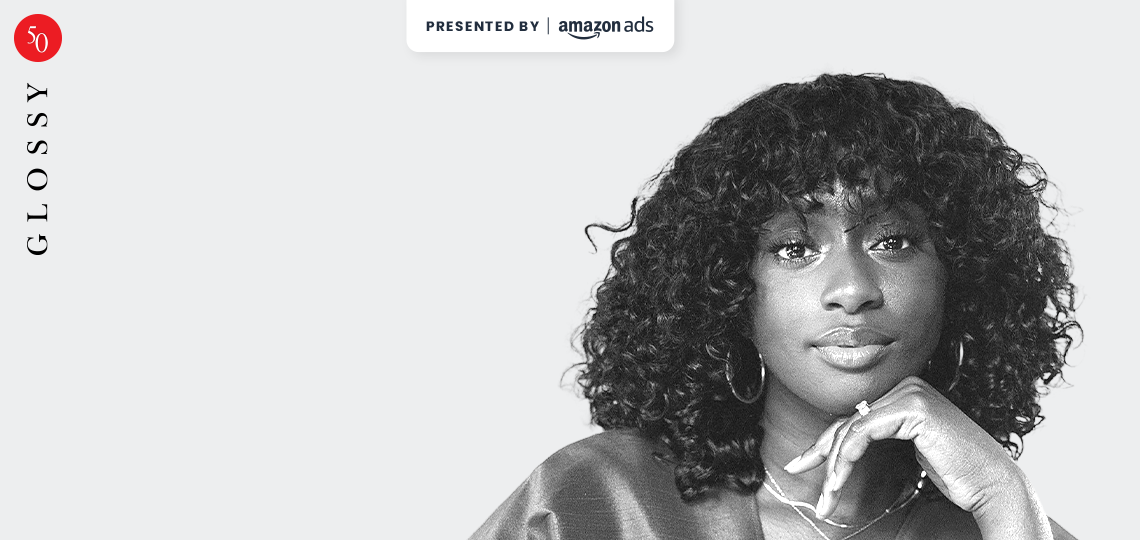Though the debut of Fenty Beauty in 2017 was the jolt other beauty companies needed to reconsider their offerings for brown and Black consumers, today, throwing 40 or 50 shades at the wall doesn’t exactly cut it.
“It was very surface-level, like, ‘You want 50 shades? I’ll give you 100.’ Except for Fenty, really, it was quantity over quality,” said Diarrha N’Diaye-Mbaye, founder and CEO of Ami Colé, a makeup brand for melanin-rich skin that debuted direct-to-consumer in June.
Rather than launch its first products in a slew of shades, Ami Colé took a more thoughtful approach. Its Skin-Enhancing Tint complexion product debuted in just six shades, which were based on the most popular and purchased shades on the market among brown and Black women. Think: Nars’ Macao shade or Maybelline’s Coconut. The product lineup was rounded out with a Light Catching Highlighter in a single shade and a Lip Treatment Oil that wears like a gloss.
The brand earned months of social media buzz ahead of its launch. That was not only because N’Diaye-Mbaye is a L’Oréal and Glossier alum, but also because it promised to be the no-makeup makeup, love-your-skin color cosmetics brand that brown and Black customers have desperately wanted.
“It was no one’s fault, but there was a blanket version of brown and Black beauty, with the Fashion Fairs and MACs of the world. It was all about expression, bold looks and bright colors. But when I was walking around and living in Harlem, I would see regular women — teachers, my cousins, people at brunch — and they looked like themselves. They wanted something to make them look just a little bit better, or enhanced,” said N’Diaye-Mbaye.
Since June, Ami Colé has entered the mascara category. And cheek products are in the pipeline. But as the color cosmetics category continues to find its footing in an ongoing pandemic, N’Diaye-Mbaye is being cautious. “We’re trying to build a full assortment, but it isn’t exactly the right time for a true lipstick or blush,” she said.
Retail is also part of the plan, with an aim to enter stores in fall 2022. The usual suspects are being considered.
Ad position: web_incontent_pos1
N’Diaye-Mbaye said she’s eager to see “inclusive” and “diverse” product assortments evolve in brick-and-mortar.
“It’s all about education,” she said. “From a merchandising perspective, I see these listicles of Black-owned, Black-founded brands who you can support, but we aren’t charity, and we aren’t one thing for one kind of customer. Our shades work on my friends who are Saudi Arabian and Cuban. We are here to service women and men all over the world.”




